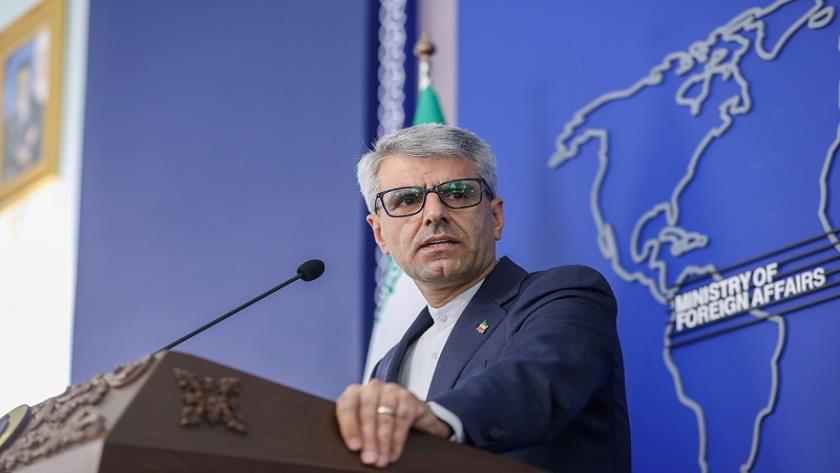ROME — Newswires buzzed on Sunday when Japan News Agency Kyodo News reported that the European troika (the UK, France and Germany) were set to hold talks with Tehran on November 29th over Iran’s nuclear program and role in the region.
Speaking on Sunday, Iranian Foreign Ministry Spokesman Esmail Baghaei confirmed the news, adding that the talks will “discuss bilateral, regional, and international issues.” Germany’s Foreign Ministry spokesman Christian Wagner, while declining to say where and when the talks will be held, confirmed they were on the table. In Rome, at the Mediterranean Dialogue, France’s Foreign Minister Jean-Noël Barrot was careful with his words, calling for Iran to roll back its nuclear program and saying Paris is “open to dialogue but wants to see concrete steps” from Tehran.
The announcement comes on the heels of heightened tensions between Iran and its European counterparts — last Thursday, an International Atomic Energy Agency (IAEA) Board of Governors resolution, drafted by France, Germany, and the UK with US backing, criticised Iran for “failing to cooperate fully” with the UN nuclear watchdog, and called on Tehran to address concerns over uranium particles allegedly found at two nuclear sites.
Stay on top of your world from inside your inbox.
Subscribe for free today and receive way much more insights.
Trusted by 114,000+ subscribers
No spam. No noise. Unsubscribe any time.
Iran, in response, activated advanced centrifuges, saying the move was to “protect the country’s interests and further develop its peaceful nuclear industry” under its rights within the Comprehensive Safeguards Agreement.
The resolution, passed in Vienna, secured 19 votes in favour, while Russia, China, and Burkina Faso opposed it, and 12 members abstained. China and Russia won’t partake in the upcoming talks, according to Kyodo’s reporting.
While speaking with reporters, Baghaei said that the discussion was a continuation of dialogues held on the sidelines of the United Nation’s Annual General Assembly meeting in New York. Meanwhile, Japan’s Kyodo News reported that the meeting could explore ways to revive their 2015 nuclear deal, which the US abandoned in 2018 under President Trump.
Trump, set to take the White House on January 20th, has yet to indicate a plan but has previously said Iran had “no money” under his first administration, arguing “they [Iran] would have made any deal with me. I would have had a deal made within — literally, I would have had a deal made within one week after the election.”
The planned talks between Iran and the three European nations, mediated by the European Union, will be the country’s first nuclear talks since (relatively) reformist President Masoud Pezeshkian took office in late July to succeed Ebrahim Raisi, who died in a helicopter crash in May.
According to Iranian media, Iranian Deputy Foreign Minister Majid Takht Ravanchi, a veteran nuclear negotiator, will lead the country’s delegation.
Under the 2015 nuclear deal struck with six major powers — Britain, China, France, Germany, Russia and the United States — Iran agreed to curb its nuclear activities in exchange for the lifting of economic sanctions.








